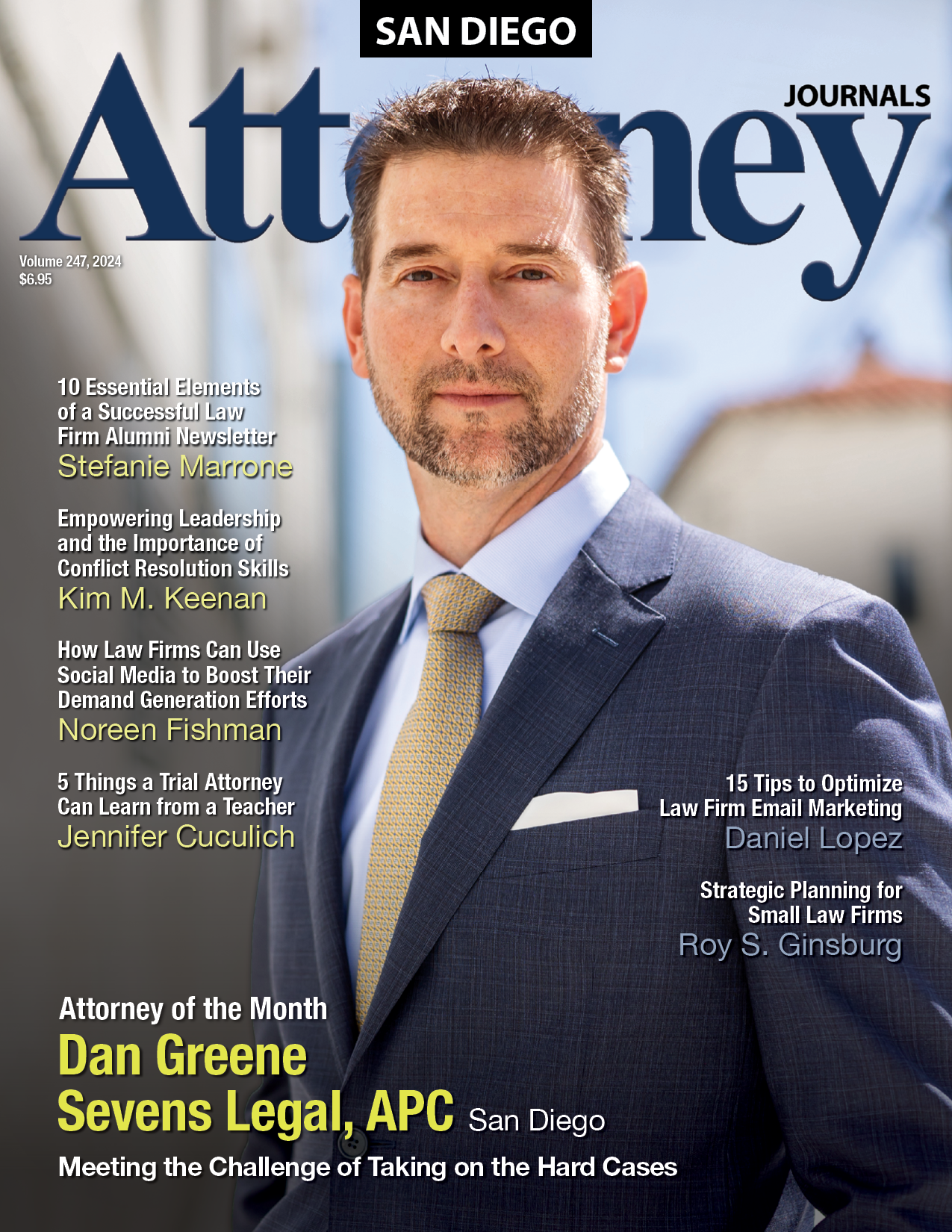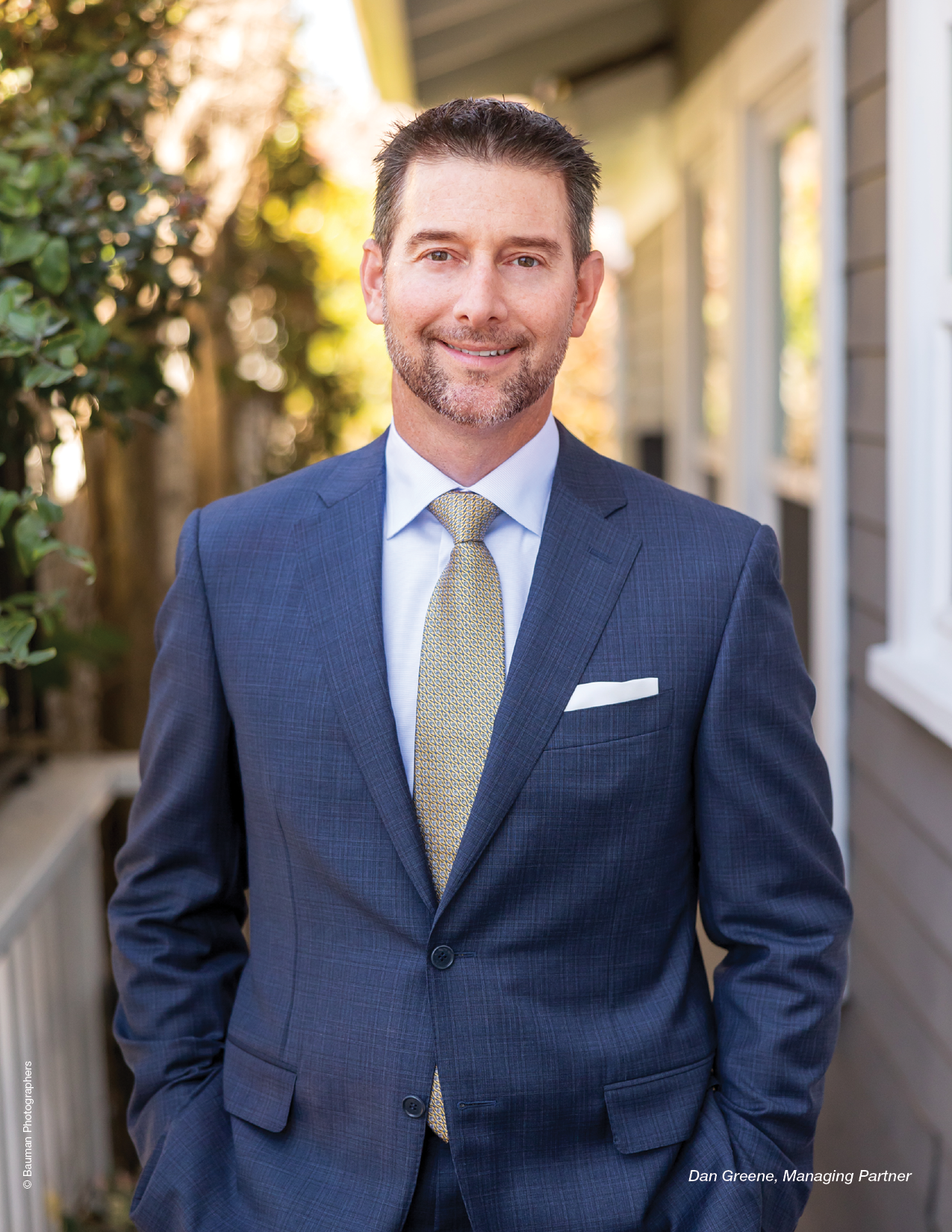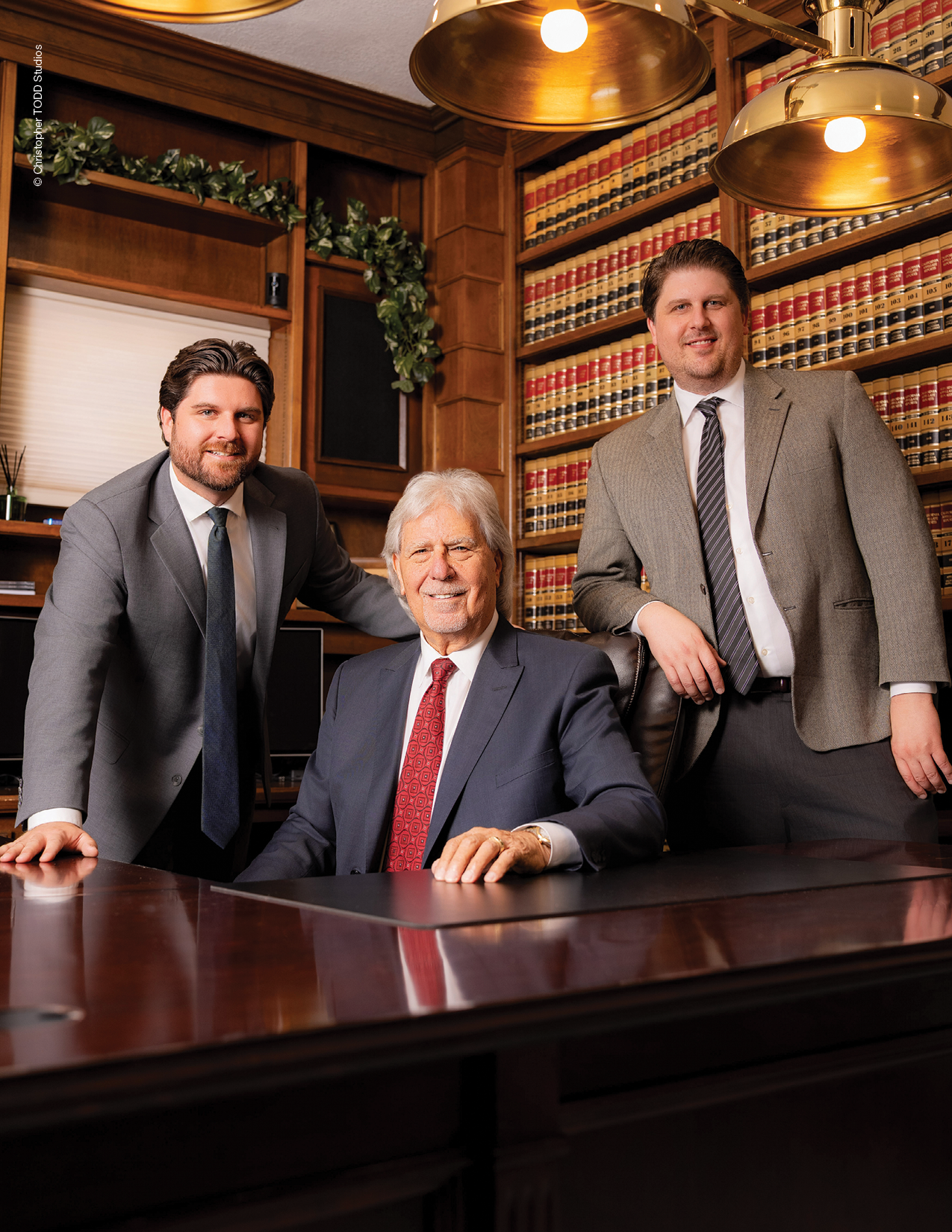Meeting the Challenge of Taking on the Hard Cases
Contact
Dan Greene, Esq.
Sevens Legal, A.P.C.
3555 Fourth Avenue
San Diego, CA 92103
(619) 297-2800 (office)
President John F. Kennedy once famously stated that dedicated individuals tackle immense challenges “not because they are easy, but because they are hard, because that goal will serve to organize and measure the best of our energies and skills, because that challenge is one that we are willing to accept.” Attorney Dan Greene, a member of Sevens Legal, APC, echoes this sentiment through his unwavering commitment to facing the demands of a career in criminal law. “I chose to become a defense attorney because it is more challenging. It is tough to stand by someone’s side on their darkest day and reassure them that there is hope, and that things will be alright—especially when you find yourself as the ‘David’ in a David and Goliath scenario. I truly cherish my work because I can offer assistance when no one else will,” he explains.
Greene handles some of the most severe cases, including serious and violent felony cases, murder, vehicular manslaughter, arson, robbery, sexual assault cases involving adults and children, assault and battery, narcotics cases, and more. His clientele spans a diverse spectrum of the community—ranging from adults and juveniles to teachers, students, military personnel, law enforcement officers, business professionals, lawyers, employed and unemployed individuals, immigrants facing legal challenges, and others in desperate need of robust legal representation.
In recent trials, Greene achieved victory by securing acquittals for his clients facing a combined potential sentence of 250 years to life in prison. For instance, in one of these cases, he successfully obtained a jury acquittal for a client charged with first-degree murder. In the other case, his client was acquitted by a jury of twelve on all ten counts of alleged child abuse. “I will always remember the moment when tearful jurors embraced my client and reassured him that they believed he had been wrongly accused,” he says.
Greene’s guiding philosophy is to identify the optimal solution for each client’s challenges based on the unique circumstances and context at hand. “Given the grave implications for individuals facing criminal charges, it is essential to take a step back and assess the complete picture. We must ask ourselves, ‘What course of action is most beneficial for the client? How does it serve the community? How can justice be best served for both society and the accused?’ Merely incarcerating individuals without a plan for their rehabilitation and future well-being is inadequate. If we intend to penalize individuals, we must also focus on their rehabilitation to ensure they can lead fulfilling lives moving forward. Collaboration is key in achieving what I believe to be the just outcome.”
Greene credits a significant portion of his achievements to his prowess as a compelling communicator inside and outside the courtroom, as well as his unwavering dedication to advocating for his clients. He describes himself as “a talker” who values professionalism and respects the court system and its processes, despite recognizing their imperfections. In a profession inherently adversarial, he finds satisfaction in fostering positive relationships with his colleagues and counterparts on the opposing side. Known for his adept communication skills, particularly with jurors, he expresses his genuine fondness and respect for jurors and the opportunity to address them directly. “I always present my case honestly to jurors, explaining why I believe they should find my client not guilty.”
While he excels at communication and collaboration, adversaries know that Greene is not one to shy away from a challenge. He is recognized for his meticulous preparation and unwavering commitment to addressing every crucial aspect of a trial. “I am unafraid to take a case to trial. Other attorneys and prosecutors alike understand that I am willing to vigorously defend even the toughest cases, striving for the best possible outcome for my client, despite the challenges.”
Dan Greene, Managing Partner
Sealing the Deal
In a recent case, he represented a Navy Seal accused of assault and battery resulting in severe bodily harm, a situation complicated by the presence of an incident where his client’s actions, though involved, were rooted in self-defense rather than aggression.
The case presented added challenges due to its uncommon nature—society often struggles to accept the idea that a woman can assault a man and that the man has the right to defend himself using force. Domestic violence cases where the accused is a female are infrequent. In scenarios where the alleged victim is, in fact, the primary aggressor, male clients often face an uphill battle in dispelling the presumption of guilt. “Although instances of female-on-male violence are rare, they do occur. So, when I mention ‘falsely accused,’ I mean that my client should not have been charged with a crime. If anything, the other party—the true aggressor—should have faced charges,” Greene says.
Alcohol and jealousy fueled the aggression that led to his client’s need to defend himself. In addition to having an exemplary service record with numerous deployments and no serious PTSD issues, his reaction during the altercation was deemed reasonable and appropriate given the imminent danger he encountered. With much at stake, including his military career, Greene’s client faced significant challenges. Against all odds in such an unusual case, Greene secured a victory, allowing his client to continue safeguarding our collective freedoms without the burden of conviction or stigma.
Greene says, “I take my role as an advocate very seriously. While I could have chosen to assist those in need in various legal fields or even as a prosecutor, my passion has always been championing the underdog—in real life, in fiction, and in sports. I find fulfillment in overcoming challenges and guiding a client through a journey of recovery from a place of despair, even when all seems lost. These narratives have consistently inspired me. I make it a point to present to the judge and my opposing counsel a comprehensive view of who my client is within the context of their life, not solely based on isolated actions. I aim to instill hope by demonstrating that there is a future ahead for my client.”
Family and Practice and Practicing with Family
Greene’s wife, Samantha, also practices law. “I must say, my favorite lawyer is my wife. The moment I saw her in court, I knew she was one of the most exceptional attorneys I had ever come across. Luckily, my advocacy skills were strong enough to persuade her to marry me. Today, we are not just spouses but true partners at the same law firm.”
While both Dan Greene and Samantha Greene currently work at Sevens Legal, APC, it took more than a decade for this collaboration to come to fruition. Samantha and her partner, Kerry Steigerwalt, established their present firm 11 years ago, transforming it into one of the largest criminal defense practices in San Diego. Interestingly, Kerry Steigerwalt was the one who introduced the couple more than two decades ago, as if Dan Greene joining the Sevens Legal was always destined to happen.
In 2004, Greene joined a criminal defense firm as a junior associate, where he first crossed paths with his future wife. Pursuing an opportunity at a different firm in 2008, where he spent the following fifteen years as senior associate of a prestigious boutique criminal law practice, handling a diverse array of cases, including high-stakes matters. Reflecting on this experience, Greene acknowledges, “It was a true honor, a privilege, and an invaluable learning experience to serve as the senior associate under one of the state’s most accomplished trial attorneys.
A few months ago, Greene felt that the stars had aligned. He was seeking an opportunity to assume a greater role in a growing law practice, and the firm was in need of an attorney with extensive criminal defense experience like his. During a discussion involving Samantha, Kerry, Stan (the firm’s business manager and Samantha’s father) and himself, they realized that the situation made perfect sense for everyone involved.
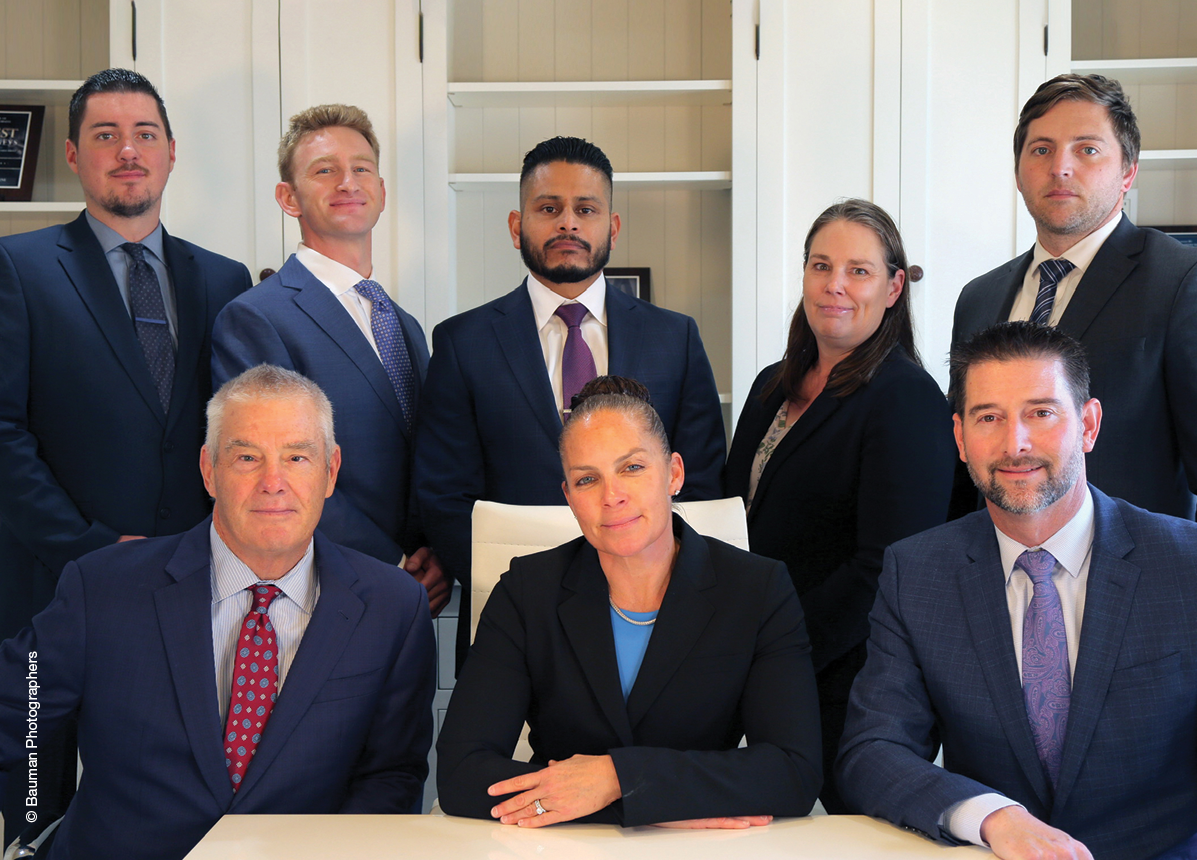
Left to Right, Top to Bottom: Noah Huston – Criminal Attorney, Ben Steigerwalt – Criminal Attorney, Jay Monico – Criminal Attorney, Crystal Erlandson – Criminal Attorney, Chris Lawson – Criminal Attorney, Kerry Steigerwalt – Firm Director, Samantha Greene – Founder/Partner and Dan Greene – Managing Partner
Winning the Argument
Regarding his inclination towards law, Greene recalls, “I was always very argumentative while growing up. My grandparents in Florida used to tell me stories about my argumentative nature. My grandmother, who called me Daniel, once said to me, ‘Daniel, if you ever decide to go to law school, I’ll pay for your education.’ I believe that was the moment when the idea was planted in my mind, perhaps when I was around eight or nine years old.” Greene’s grandmother passed away before he completed his undergraduate degree and a few years before entering law school. During his law school commencement speech, Greene dedicated his achievements to her memory.
Greene’s argumentative nature has emerged as a valuable asset in representing his clients. In a recent case, where the prosecution was insistent that his client’s actions were criminal, Greene and his client attended a preliminary hearing resulting in the dismissal of some charges, while the court found sufficient probable cause to proceed to trial. Greene diligently collaborated with the prosecution and the court to reach a resolution that served the best interests of all parties involved, thereby avoiding a trial. By presenting his client’s history, solid record, background, and emphasizing the severe ramifications of a criminal conviction on his life, Greene successfully persuaded the prosecution and the court. Although his client may not have required counseling, he agreed to it as part of the resolution. Essentially, the client was willing to take every possible step to preserve his career, along with his freedom.
Through his close collaboration with Greene, the client realized that he could make better life decisions, choose less volatile company, make wiser choices regarding alcohol consumption, and achieve greater stability by making improved choices. Greene reflects, “The case spanned approximately two years. Just recently, within the past couple of weeks, we appeared in court. His innocence was upheld as the entire case was dismissed. Now, he is in an excellent position to move forward with his career, serve his country and community, take care of his children, and never again be entangled in such a situation. “With all humility, I feel as though I had a very large hand in turning around that man’s life.”
Greene adheres to a personal mantra centered on his dedication to standing by individuals during their most challenging times and advocating to the prosecuting parties that one event does not define a person.
Stepping Out of the Office
Beyond the confines of his office, Greene adeptly balances a demanding career with a rich personal life, placing a strong emphasis on family and community involvement. Alongside attending his daughter’s school performances and volleyball matches, he captures these moments on video and collaborates with her to produce highlight reels. Greene finds pleasure in filming and editing content, particularly when documenting his son’s baseball games. He dedicates a significant portion of his free time to coaching and assisting in youth baseball leagues, mentoring aspiring law students from nearby institutions, and serving as a volunteer attorney coach for the San Diego High School Mock Trial competition. Additionally, he actively participates in alumni gatherings from the educational institutions of which he has been a part.
Greene instills in the young individuals he coaches and mentors the belief that success in both work and play necessitates dedication and effort, surpassing natural talent alone. He emphasizes the importance of hard work for achieving success, regardless of the inherent talent possessed by a little league player or an attorney. Greene stresses the competitive nature of life after school, drawing from his experiences in his legal practice and the lives of his clients. By imparting his insights and work ethic, Greene aims to equip young individuals with a realistic understanding of the challenges they may encounter beyond their academic pursuits.
Greene emphasizes his strong sense of competitiveness when it comes to advocating for his clients’ rights. He firmly believes that handling great responsibility necessitates thorough preparation, bold and innovative thinking, and the courage to push boundaries. According to Greene, a dedicated and accountable attorney never relies on improvisation in a case. He asserts that each case holds utmost significance at the time.
“I am dedicated to fighting for the rights of all individuals—be it the innocent, the guilty, or those caught in between,” Greene expresses. He firmly believes that our society flourishes when everyone receives passionate advocacy. Greene endeavors to bring this level of commitment to every single case he handles.
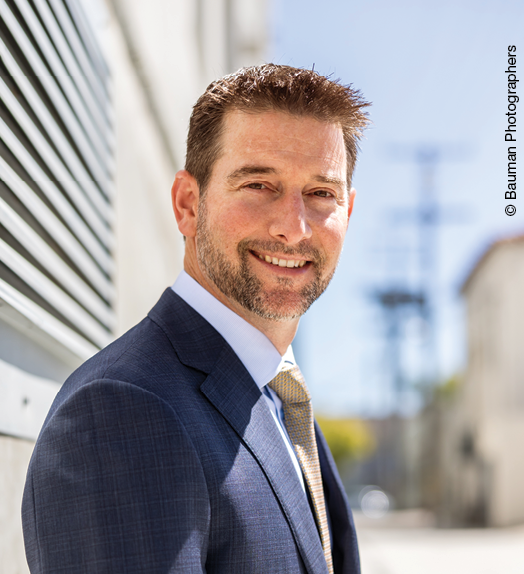
» Education
- B.A. Trinity College, 1998
- J.D. California Western School of Law, 2003
» Admissions
- California
- U.S. District Court, Southern District of California
- U.S. District Court, Central District of California
- United States Supreme Court
» Memberships
- The San Diego Criminal Defender Bar Association - Board Member
- California Public Defenders Association - Member
» Honors and Awards
- “Trial Attorney of the Year” - Criminal Defense Bar Association
- Super Lawyer, 2015 - 2024
- “Top 100” - The National Trial Lawyers
- “Top One Percent” - National Association of Distinguished Counsel
- “Lawyers of Distinction”
- “Top Attorney” - San Diego Daily Transcript
- “Best of the Bar” - San Diego Business Journal
- Top Attorneys in San Diego - Los Angeles Magazine
- Top Lawyers in California - American Lawyer Media
- Amjur Award for Advance Criminal Litigation - California Western School of Law
- Amjur Award for Excellence in Trial Practice - California Western School of Law
- Padres Foundation “Fantasy Camp”
Hall of Fame Member

